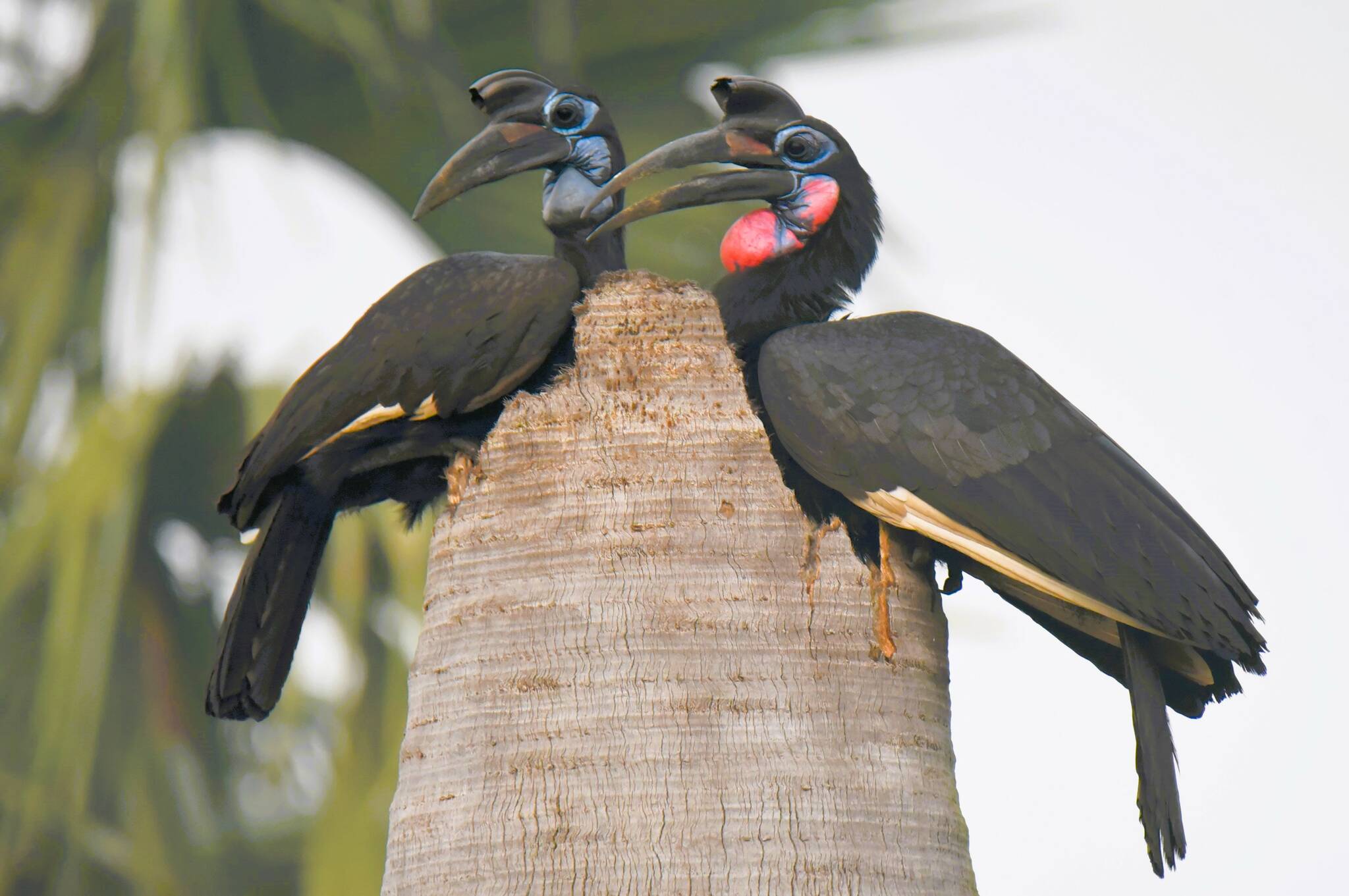Members of the Vashon-Maury Island Audubon Society voted 62-11 to change their name to the Vashon Bird Alliance on April 15, reflecting a broader wave in the birding community to move away from the legacy of namesake John James Audubon.
The name is now official, though it will take time for the Bird Alliance to update all of its branding. The vote came during a packed meeting Monday night at the Vashon-Maury Island Land Trust building.
John James Audubon, the eponym of the National Audubon Society, was a French-American self-trained expert in naturalist drawings and bird study in the late 18th and early-to-middle 19th centuries. His depictions of American wildlife, especially its birds, are still famous.
But Audubon was also a fabulist and plagiarist who enslaved Black people, stole human remains and criticized the British government’s emancipation of enslaved people, according to the National Audubon Society.
In a time when many around the world were standing up against the horrors of slavery, Audubon took a stand on the issue by owning and sell human beings himself, according to an article titled “The Myth of John James Audubon” on the Audubon Society’s website.
The name change for the local Vashon group was proposed for several reasons, group president Sarah Driggs told the assembled birders at the Land Trust.
Driggs said she understands why people would want to hold on to the Audubon name, which had been with the Vashon organization since its founding in 1989.
But the “Vashon-Maury Island Audubon Society” is overly long, she said, and the “Audubon” name may not be recognizable to many interested in birding. “Serious concerns” about the namesake also provide a compelling reason, she said.
A new name, Driggs said, could also be a chance to refocus the group’s identity and mission toward the conservation of birds, which are in decline in North America. Research published in Science Magazine indicates a net loss of nearly three billion birds in North America from 1970 to 2019.
“We’re in a new era for birds,” Driggs said. “We need to act on this. It’s really important.”
Laura Bienen, the Bird Alliance’s board secretary, said the group considered many different names and surveyed the membership about the idea. Support for changing the name “was pretty overwhelming,” Bienen said.
Ron Weston, who opposed the name change, pointed to Audubon’s world-renowned skill as an artist and naturalist, and passion in life for birds — the parts of his legacy that bring positive value and recognition to the birding world.
But ultimately, Weston said, he respects the members’ decision to pick a name that best fits the organization.
“Companies rebrand, organizations rebrand, and the members obviously spoke,” he said. “We all had our vote. … It was done in a fair way.”
Karen Fevold, a board member of the group, said that Audubon’s role as an enslaver — in a time when others were fighting for abolition of slavery and the rights of Black Americans — clearly makes his name hurtful for many.
“We by no means feel like we’re canceling John James Audubon,” Fevold told the group members. “He was an incredible artist and did a lot for birds … but I think we’d like to attract all kinds of people to our organization, and changing the name will help that.”
Simply put, Fevold told The Beachcomber, the group doesn’t need to erase history — but it also doesn’t need to honor Audubon with its name.
Vashon now joins the ranks of other regional birding groups that have dropped the Audubon name. Seattle Audubon rebranded last year to Birds Connect Seattle. The Tahoma Audubon Society of Tacoma and Pierce County became the Tahoma Bird Alliance.
Fevold and other island birders said this trend will likely continue as more groups reckon with Audubon’s legacy.
The National Audubon Society underwent a year-long process to consider a name change last year, but ultimately kept its title. Audubon’s legacy is “complex,” that group said in a statement, but the group said it would work to make birding more accessible to people of color and to reckon with Audubon’s “racist legacy.”
“Audubon was a naturalist and illustrator whose work was an important contribution to the field of ornithology in the mid-19th century,” the national society says on its website. “He was also an enslaver, whose racism and harmful attitudes toward Black and Indigenous people are now well-understood.”
Jim Diers, an island photographer, strongly supported and voted for the name change in the Vashon group. (Diers is Driggs’ husband.)
It’s primarily older white people who are currently interested in the Audubon Society, Diers said, and maintaining that name — “with all it connotes” — could understandably make other kinds of people feel like they don’t belong, he said.
Plus, Diers said, if young people don’t already have a negative perception of Audubon, they likely don’t know him at all — so renaming the group to the Vashon Bird Alliance offers a more straightforward description of its activities.



